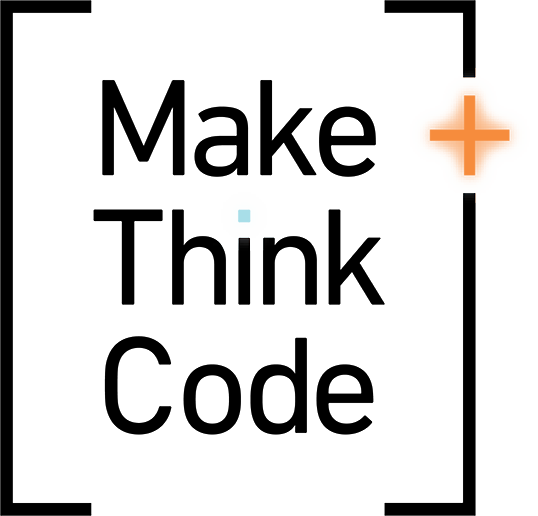
Inviting all ecologists, data scientists, smart cities policymakers, community advocates, and open source technologists: Join us on January 20, 2019, for the launch of the Environmental Stone Soup Project. Our project this year will focus on using existing datasets to support researchers and policymakers and to facilitate advocacy and education. Our aim is to encourage data sharing across disciplines and sectors in the fields of wildlife ecology, smart cities, environmental exposures, and health outcomes. By combining a variety of data streams, we hope to start observing relationships, patterns, and trends that are systemic and complex. Bring your projects, ideas, and share any datasets that you have collected and/or that we can access to support civic engagement in environmental issues.
We plan to gather, analyze, and interpret multiple existing data streams to tell impactful stories about our region; to explore the integral connections between a healthy (built and natural) environment and healthy communities (human, wildlife, and habitat); to develop open-source data and sensor networks to understand effects of policy, development, and technology; to create open source tools/ for predictive data analytics including mathematical models, machine learning and deep learning algorithms/libraries; and to apply the results to increase awareness, advocate, and change behaviour.
Please share with anybody interested. Our strategy session will be richer and more effective with a greater diversity of individuals and groups.
Goals:
Share data in order to develop open-source data and sensor tools (add your project to https://docs.google.com/document/d/1fCovWkeC9tfQnXmX3SfhsN07739vZsYA-J1OAlZo3rE/edit?usp=sharing)
Design and build Interfaces for citizen scientists, civic and advocacy groups, researchers, and educators to access, understand, and use the data.
Design affordable open-source sensors to enable the crowdsourcing of data on the environment, wildlife, health, and exposure in multiple environments.
Create new visualizations, stories, and experiences of the data and interpretations to create awareness, change behavior, support advocacy, and policy changes, and create a more inclusive community engaged in science and research.
In January, we will begin with lightning talks (5 - 10 minutes) for different groups to bring us their projects and data sets, so that we can focus on specific content for our work this year.
We will have parallel and overlapping strategy sessions, and by the end of the day we will
-form (overlapping) teams to work on the data, technology, and the visualizations.
- collaboratively create a strategic document outlining findings, opportunities, and specific projects, issues, to focus on for the year.
- strategically focus on specific projects, issues, to prepare for a March (30 - 31) hackathon that can include some of the following:
1. Strategic Data Sharing: How to collect, merge and store existing datasets. How to design interfaces to ensure data is transparent and accessible to other groups (websites, apps).
2. Data Analytics: Build and apply tools and strategies (libraries, databases, apps) to catalog, analyze, and model the data to make predictions, interpret, and determine effective strategies to build future sensor networks. Have conversations on: How to sort/clean/tag the data (crowdsourcing ids)? Design algorithms, libraries and code for AI/other analytics and protocols.
3. Digital Storytelling: Find ways to tell stories about the data and visualize our insights and provide context. What sorts of visualizations? Who is the audience? (apps, infographics, maps, immersive xr experiences, installations, interactive digital experiences, games, …)
4. Design and build affordable open-source accessible sensors and effective sensor networks to gather environmental data; Determine where these can be placed for maximum impact.
Ultimately, we plan to identify gaps in the environmental data collection and sharing and to help fill in missing information with crowdsourcing and development of affordable sensors. Much data already exists, but it requires synthesis and interpretation, in order to be accessible and impactful in the community. Through a multi-pronged approach, we hope to gain maximal insight into the health of local ecosystems and communities. With the help of artists, designers, community activists, we can interpret and communicate the content in impactful ways that can be used for advocacy, education, and to inspire future engagement in science, research, and policy.
Schedule:
10:00 am - Introduction, coffee, snacks.
10:30 am Panel Lightning talks. Bring your project, dataset, environmental issue you are working on
12:30 pm - Lunch
1:30 pm - Strategy Session: Data, Storytelling, Mapping, who else should be involved, examples of other projects with good processes
2:45 pm - Bring back ideas to the group. Discussion
3:30 pm - Conclusion: Next steps: plan for March hackathon; sign up for working groups
4:00 pm - snacks, networking
